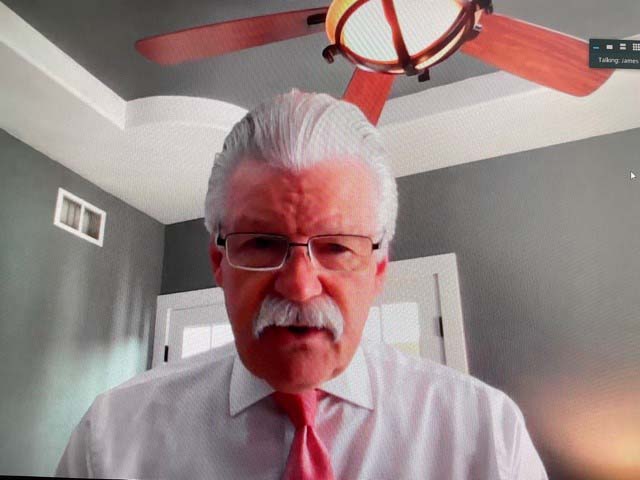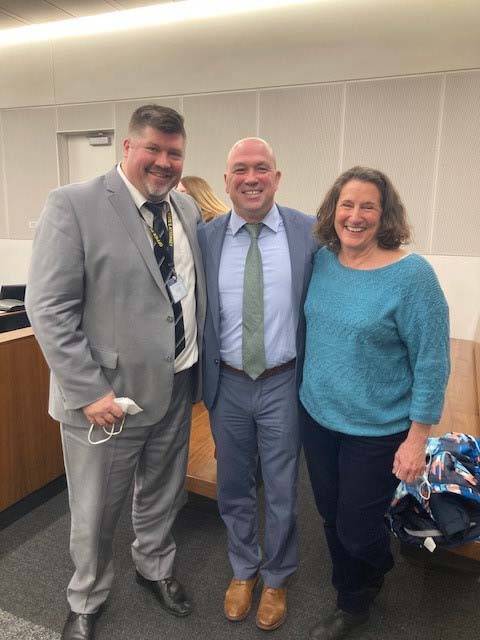State’s Attorney Glasgow Announces 16 Problem Solving Court Participants Graduate in Ceremonies at Courthouse
JOLIET – Will County State’s Attorney James Glasgow is very proud to announce the graduation of sixteen individuals from Will County’s Problem Solving Courts during three ceremonies held today at the Will County Courthouse. In light of Covid and the prevalence of the Omicron variant, the in-person courthouse ceremonies were limited to participants and their immediate family members. Additional family members and friends were given the opportunity to watch via Zoom.
“Throughout Covid, we have seen increases in substance use and mental health issues. These graduates have persevered despite the changes to our daily routines and separation from loved ones, economic hardships, and the other stresses that have impacted society during this unprecedented time,” Glasgow said. “The determination of these graduates in completing the rigorous program and making positive changes in their lives amidst the fears, uncertainty, and anxiety surrounding Covid is to be commended.”
Nine graduates, from Lockport, Crest Hill, Joliet, Braidwood, Shorewood, and Plainfield participated in Monday’s Mental Health Court ceremony. Additionally, two individuals hailing from Crest Hill and Frankfort graduated from Veterans Court, and five individuals from Lockport, Joliet, Wilmington, and Plainfield graduated from Drug Court.
Glasgow spoke to the graduates during the Zoom ceremonies, and Associate Judge Fred Harvey presided over the ceremonies. Including today’s graduates, 728 individuals have graduated from the Will County Problem Solving Courts program.
Glasgow spearheaded the creation of each of Will County’s four Problem Solving courts. The Drug Court – Will County’s first Problem Solving Court – was established after Glasgow wrote and administered the grant that funded its formation. Along with the Chief Judge, Glasgow established the Mental Health Court in 2010. He also petitioned the court for the formation of the Will County Veterans Court, and wrote and obtained the grant for the Redeploy Illinois Court to steer qualifying repeat offenders away from prison and into gainful employment.
Additionally, Glasgow established three unprecedented transitional residences that are the only ones of their kind in Illinois to further help Problem Solving Court participants on the path to reentry into the community. The Miller Taylor House and Julie Ann House provide temporary housing during and after the program, and the Connor Kelly Residence opened in 2019 to provide longer-term transitional housing.
State’s Attorney Glasgow addressing the graduates via Zoom
Problem Solving Courts Coordinator Scott DuBois with Judge Harvey and retired Problem Solving Courts Coordinator Julie McCabe-Sterr


